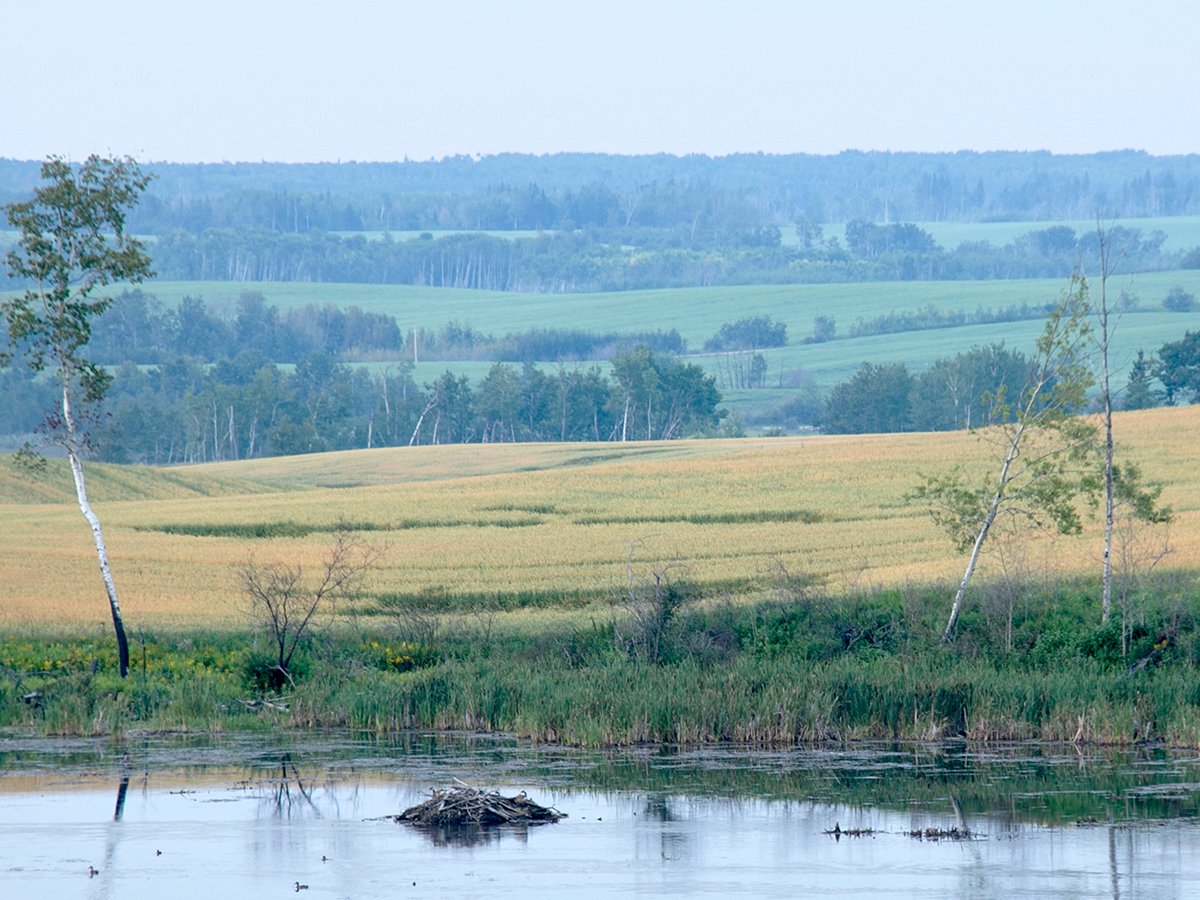Hoarders and deniers are both dealing with unprecedented pressure — and both kinds of behaviour are based on fear
There seem to be two common responses to the COVID-19 pandemic. There’s the toilet paper hoarders who act out of fear and the dismissive folks who also act out of fear.
The former are over-responders and the latter are under-responders, but both are responding to anxiety, said psychologist McMillan James.
Speaking via an April 2 webinar to the Southern Alberta Council of Public Affairs, James offered insights and advice on how best to deal with the fears associated with COVID-19.
Humans have evolved to handle stress of short duration, she said, but this situation is different.
Read Also

Intergenerational rollover rules can help succession plans
One of the most significant concerns in succession planning for farmers is the tax bill that can come with passing the farm to the next generation.
“We are built to handle that stress for that moment and then be able to recover. This stress response that we have … has had to carry out for a longer period of time, which is not necessarily what we’re designed to do.”
The hoarding seen in the early days of the crisis was a primal instinct to protect and survive, said James. That can affect the human capacity to think clearly and rationally.
On the other side, under-responders have the freeze response rather than the fear response.
“These are the people we see maybe in Florida, really wanting spring break and really wanting to party and hang out with their friends and not really pay too much attention to what is going on in the world. It comes off really dismissive and inconsiderate,” said James.
Looking at that behaviour from a psychological perspective, “it’s perhaps too overwhelming for them in that moment. No one’s experienced corona before and so to look at it, face it, is pretty overwhelming for some of us and so it’s much easier to dismiss it and ignore it or downplay it.”
James said people need to acknowledge that this is a fearful time and pause before they react. There is a natural negativity bias to focus on danger and threats while giving less attention to positive situations and events. That, too, is a built-in survival instinct.
Heavy media attention on the pandemic in mainstream news and in social media can encourage negativity. James said people need to be intentional about how they consume media, perhaps limiting the time they spend with it.
“During this time … we kind of miss the boat of actually taking a second to feel what we’re feeling.”
She likened it to being trapped in quicksand. The more a person struggles, the faster they are swallowed. Taking time to think rationally and then acting with intention results in a much better outcome.
Though people cannot control the coronavirus situation in the wider world, they can find strength in controlling things within their sphere. Getting enough sleep, eating well and exercising all help ease anxiety, she said. Routine is helpful.
James also encouraged use of the term “physical distancing” rather than “social distancing.”
It may be semantics, she said, but when people are alone, their body senses danger because in tribal times, being alone was a threat to survival. That is why it is important to stay in social contact with others through whatever safe means are available.”















